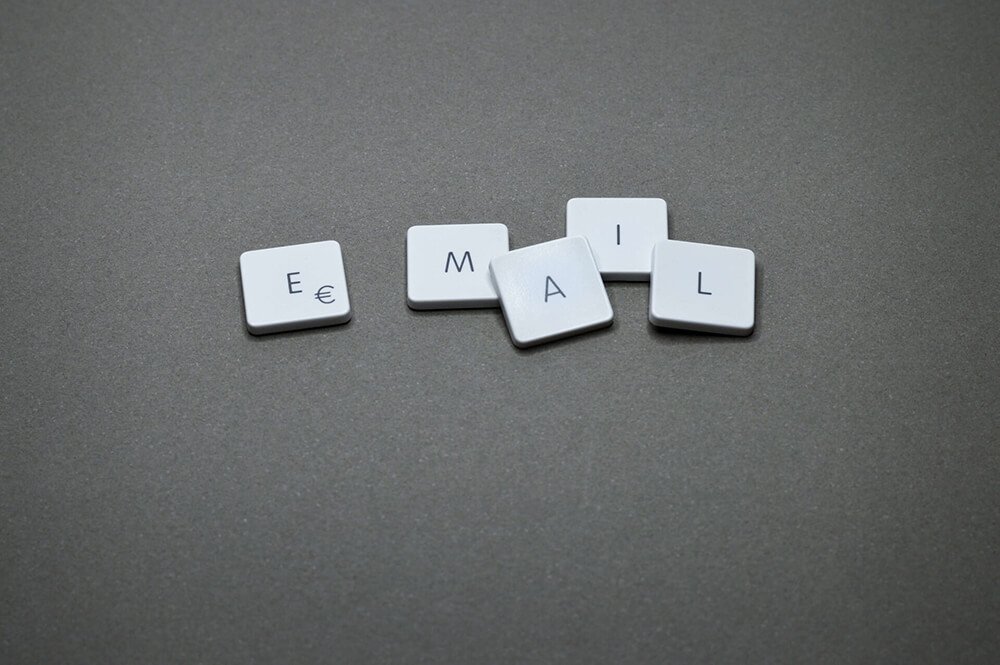Guarding your personal data: a cybersecurity memo
The rules of digital security change as the number of ways of getting data illegally keeps growing. Though, compliance with some evergreen rules will help you minimize the threats of your personal information being stolen. Here are several ways to limit uncontrolled access to your personal data when using services and applications:
1. 2FA is still on top
Enable two-factor authentication on your phone and computer. So, in addition to the password, you confirm the entry using an sms code that is sent to the device connected, and outsiders will never have access to it.
2. Disable password autofill
Browser data breaches happen more and more often. Forbid your web browser from remembering your personal data, and it will be impossible to reach you just as easily.
3. Complex passwords
Use long passwords, and complicate them with letters, numbers and special characters. The passwords must be individual for each device, application and service. Changing your password monthly, choose a completely different key. Slightly changed passwords can easily be compromised. Check the not allowed use of your email on haveibeenpwned. Com. Just enter your email address, and it will show if your email was used without your consent.
4. Block trackers and ads
Edit the privacy settings of facebook and other social networks. When you log in with your facebook credentials in other services, they can get access to your account data: photos, locations, preferences, etc. Remove such access when you are already signed in to the app. You can also change your facebook settings to protect against scammers sending fake friend requests by only allowing “friends of friends” to be added to you as a friend. This will reduce your chances of becoming a victim of scammers.
Another good way is to disable search history on youtube. This will help you avoid intrusive ads. Prevent apps from accessing photos/sms/contacts in your device settings. Many applications gain access to locations, photos, social networks, internet traffic – this information can be used by scammers.
5. Limit access to your device
When downloading apps, check if they require access to the camera, microphone, geolocation, calendar, contacts, and social media accounts. If so, then it poses a potential threat to privacy. Enable only really needed accesses crucial for app work.
6. Use an ad blocker
Ad blockers are really widely-used now. Installing one of them, you can protect yourself not only from irritating ads, but also from accidentally clicking on a scam banner.
7. Use private mode
Switch your browser to private mode to prevent google and other organizations from tracking your search history.
8. Use secure connections
Free wi-fi widespread in public places is extremely insecure. Remove automatic connection to wi-fi and never use public points for money transactions and exchanging confidential data. To protect yourself from hackers, use a reliable vpn. This will keep your data safe even when connected to public networks.
9. Turn off automatic data synchronization
Automatic uploading of notes or screenshots to cloud storage can provoke data leaks. As you don’t control the transfer of data, your storage can be hacked by scammers from other devices.
10. Turn off lock screen notifications
This way, scammers will not be able to see sms and letters, including codes for entering your personal account and for confirming payments.
11. Consciously post information on social networks
Pay attention to accessing your date of birth this information is often used to hack online banks. It is better to miss birthday greetings from forgetful friends than to become a victim of scammers.
12. Do not open suspicious links
Even if you received it from relatives or close friends. Confirm the person really sent you this link, and that they are sure it is safe. These could be phishing links or viruses from scammers who hacked into your friend’s or colleague’s account.
Last, but not least: start by restricting access to your personal data in apps and adjust your social media privacy settings. This is the simplest thing anyone can do.
Our team knows a lot about cybersecurity: all the solutions we offer are checked and tested to guarantee your data safety. In case you are interested in how to protect your company’s data using modern tools, please reach out to our expert team.


